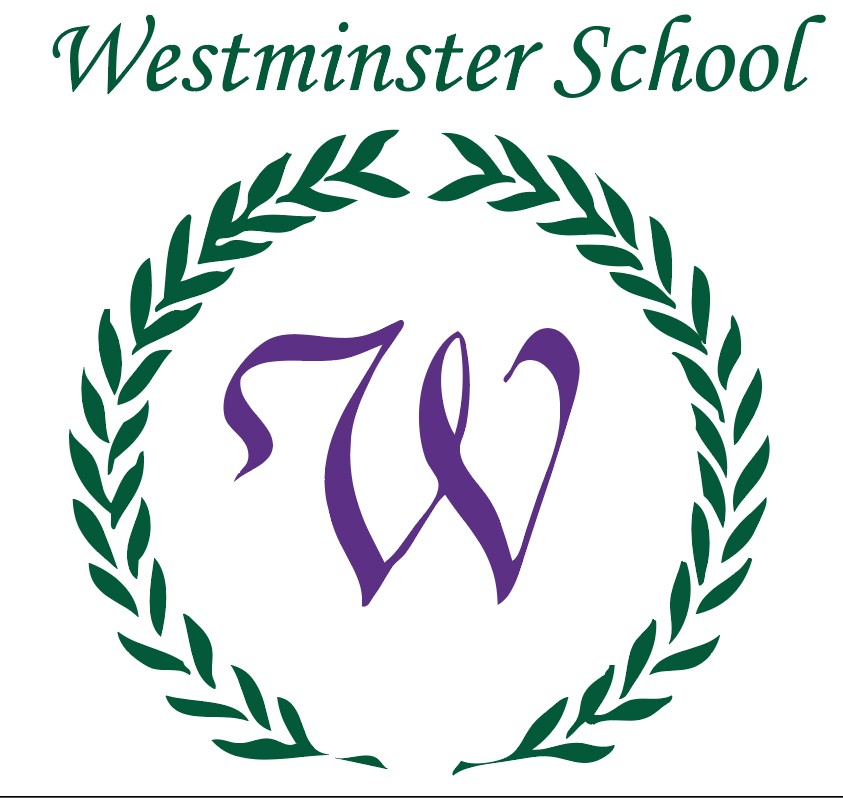Building a World of Diversity, Equity, and Inclusion
Children today will shape the future. It is, therefore, the responsibility of caregivers, parents, and teachers to teach these children the importance of diversity, equity, and inclusion. It is a vital step toward building a world that is balanced, accepting, and kind. Westminster School, a private school with one of the most diverse student bodies in the region, shares its February lessons aimed at teaching diversity and inclusion to its students.
Why Is It Important to Teach Diversity, Equity, and Inclusion?
The importance of diversity, equity, and inclusion must be taught in early childhood in order to help students embrace differences in genders, cultural backgrounds, and physical abilities. This helps children grow into more considerate citizens. Having positive discussions about diversity, equity, and inclusion helps build important skills and characteristics. Here are some benefits:
1. Develop cognitive and critical thinking skills: Seeing diversity in the classroom or learning about it presents varying perspectives and opinions. This allows students to analyze their own beliefs and to view the world in fresh ways.
2. Participate in a diverse professional culture: The world is becoming smaller. As children grow up to become working professionals in a diverse environment, they must be able to handle this diversity with grace and maturity.
3. Promote creativity with diversity: Diverse perspectives foster creativity. Exposure to multiple ways of thinking enables the creation of brand-new ideas.
What Is Black History Month, and Why Is It Celebrated?
Black History Month was established to bring attention to African Americans' achievements in the United States. This month is dedicated to recognizing all black people in the United States, from the first enslaved individuals transported over from Africa in the early seventeenth century through today's African Americans.
It frequently features Dr. Martin Luther King, Jr., who fought for black civil rights in the 1950s and 1960s; Thurgood Marshall, the first African American justice appointed to the US Supreme Court in 1967; Mae Jemison, the first female African American astronaut to travel to space in 1992; and Barack Obama, the first African American president of the United States elected in 2008.
Westminster Celebrates Black History Month
In the Lower School
- Collect and color. In kindergarten, the students collected and colored a set of cards. Each featured an influential African American.
- Learn quotes. The children learned quotes and achievements of changemakers from mathematician Katherine Johnson to dancer Misty Copeland.
- Discover lessons on bravery. The children read about lessons in bravery from Rosa Parks and Ruby Bridges, and they were fascinated by the unmistakable talents of Benjamin Banneker and George Washington Carver. Of course, these young scholars also learned about the words and deeds of Dr. Martin Luther King.
- Play board games. With the cards and their creativity in hand, students designed different blocks on their own Black History Month board games. First, they played the games by themselves to test them, and then they played with a classmate for fun. The board game was a fun feat of trial and error in design and practice. Keeping these important historical figures fresh in the kindergarteners’ minds was an added benefit.
In the Middle School
- Learning about the Civil Rights Movement. The third- through fifth-graders learned about young changemakers during the Civil Rights Movement. The students learned about the unfair treatment that many children faced during this movement. They talked about how it must have felt to not be given the same rights as other children. Many students also expressed how sad they would feel if they were not allowed to play with some of their friends just because of the color of their skin.
- Demanding equity. The classes watched a video about Ayanna Najuma and other children who organized sit-ins in Oklahoma to peacefully demand service in restaurants. One participant in the video stated, “I was little, but my voice was just as important as everyone else’s voice.” Griffin scholars discussed the significance of this quote and what traits these children possessed that helped them make a positive change in their community, including bravery, resilience, and determination.
- Doing Homework. The students wrote a response to the prompt, “How can you stand up for someone who is being treated unfairly or being left out? Who can you ask for help if you are unsure of the right thing to do or if you are scared to speak up? What would our community, country, and even our world be like if everyone always treated others with respect, kindness, and compassion?” The next day, they shared these written reflections with the class.
In the Upper School
- History of African Americans. Miss Shapter introduced her history students to famous black historians. Due to the impact of the slave codes that prohibited African Americans in bondage from learning to read and write, the history of early African Americans was primarily recorded through oral tradition. The students discussed how this made it a challenging subject to research.
- Scholars and professors. Miss Shapter emphasized the important role of African American scholars and professors who devoted their lives to recording that oral tradition in writing. This included Octavia Victoria Rogers Albert, a former slave who collected stories in her book, The House of Bondage; journalist Delilah Leonium Beaseley, who researched and documented the history of California’s black population and broke the color barrier by writing for both black and white newspapers; and Alain LeRoy Locke, who earned a doctorate in philosophy from Harvard and wrote on the black achievements of the Harlem Renaissance. Through these lessons, the upper-school students came to appreciate the scholarship of the African American community and the proud devotion to preserving its legacy.
- Year-round learning. The story of African American history is an integral part of US history, so the eighth-graders will learn about it throughout the year as part of their curriculum. During the winter, they examined an abolitionist diagram of a slave ship as they discussed the circumstances of the Middle Passage and contemplated the slave codes put in place in the colonies. They read poetry and excerpts from the remarkable lives of black men and women who were born slaves but became free. The students also discussed the role African Americans played in fighting in the Civil War.
Westminster Celebrates Egyptian Day
Furthering the theme of diversity, equity, and inclusion - and as a regular part of their Western civilization studies - Westminster School also talked about ancient Egyptian culture with third-graders. The students celebrated Egyptian Day on February 11. The morning opened with enthusiastic students in colorful outfits. They ranged from pharaohs to gods and goddesses. The students paraded into the beautifully decorated theater to begin a variety of crafts.
- Painting and designing. Students dove into painting scarabs, a beetle that was central to ancient Egyptian religion, and decorating masks of spiritual significance by coloring and applying jewels. The third-graders also designed their own cartouche, spelling their first names in brightly colored hieroglyphic symbols.
- Playing Egyptian games. Students made their set boards and game pieces and learned how to play the Egyptian game. Throughout the day, the students worked on coloring a shared mural of a sarcophagus or visited the “Library of Alexandria,” where they could peruse books on ancient Egypt.
- Enjoying entertainment and food. The third-graders danced to the popular song “Walk Like an Egyptian.” This worked up an appetite in the students that was satisfied by a feast from a local restaurant, SouvlakiBar. The children had the opportunity to try many dishes, including dates, a mix of spiced vegetables, beef, and salmon. To cap off the day, they took in the film Pyramid, with David Macaulay.
Why Westminster School?
Westminster School stands out from both public and private schools. It holds itself to a high standard of excellence, offering a classical education for the twenty-first century. Since its inception in 1962, Westminster School has prepared its graduates for successful and fulfilling lives through a classical education delivered in an exceptionally nurturing environment. Classical education is a traditional, time-tested approach that has educated some of the greatest thinkers and innovators of the world.
Westminster teachers employ the Socratic method throughout all the subjects of the curriculum and age groups (kindergarten through eighth grade). They question their students to help them uncover what they know, how they know it, and what they need to know to progress.
The school’s mission includes character development and preparation for the children to succeed and become leaders in all areas of life. That includes high achievement in academics, arts, sports, community service, personal presentation, confidence, poise, and enthusiasm for life’s possibilities.






















